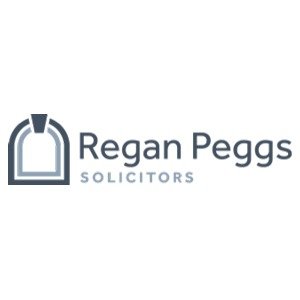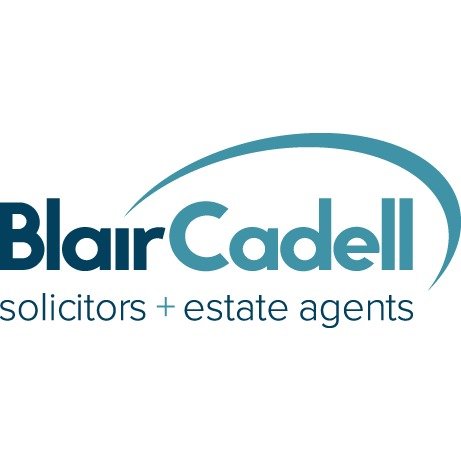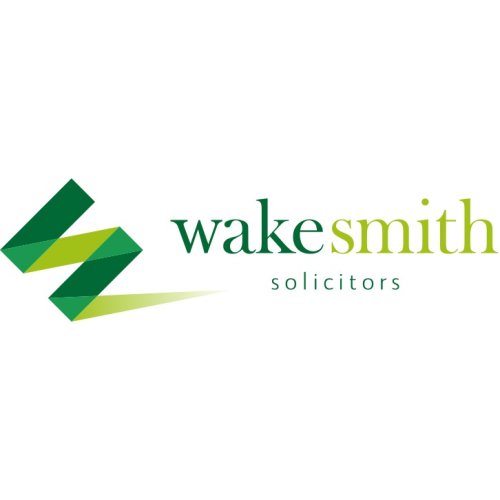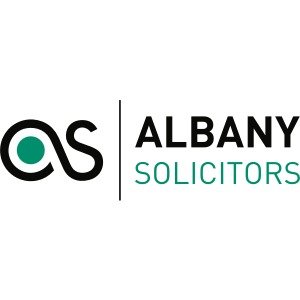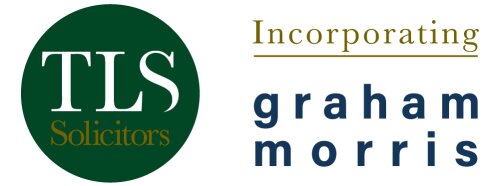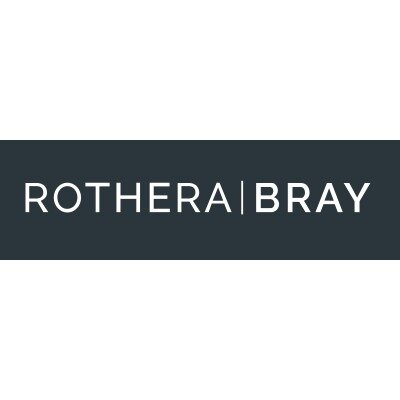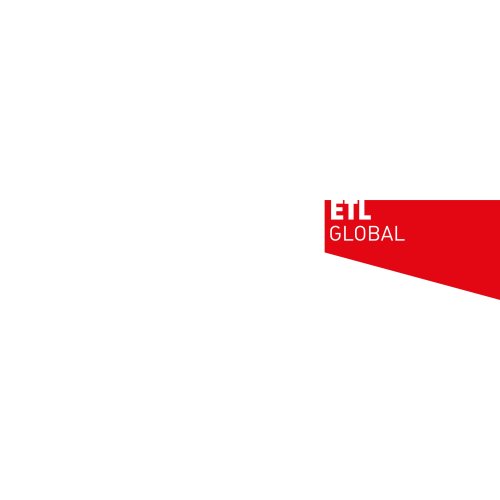Best Commercial Litigation Lawyers in United Kingdom
Share your needs with us, get contacted by law firms.
Free. Takes 2 min.
Or refine your search by selecting a city:
List of the best lawyers in United Kingdom
About Commercial Litigation Law in United Kingdom
Commercial litigation in the United Kingdom covers disputes arising out of business and commercial transactions. This area of law includes conflicts between companies, partnerships, individuals, and other business entities. Cases commonly handled involve breach of contract, partnership disputes, debt recovery, shareholder disagreements, professional negligence, and more complex matters like competition law or intellectual property rights. Proceedings can be initiated in the High Court or County Courts, with the Commercial Court in London playing a significant role in resolving high-value and complex disputes. The process is governed by strict regulations and procedures, aiming to resolve business disputes fairly and effectively.
Why You May Need a Lawyer
There are various situations where seeking legal advice or representation is crucial in commercial litigation. Common scenarios include:
- Breach of contract by a supplier, customer, or partner threatening your business interests
- Disputes over unpaid invoices or debt recovery
- Shareholder or partnership disputes affecting company management and control
- Claims of professional negligence against accountants, solicitors, or other advisors
- Disputes about intellectual property, such as trademark or copyright infringement
- Allegations of misrepresentation or breach of fiduciary duty
- Urgent applications for injunctions to protect your business or assets
A specialist solicitor can advise you on the strengths of your case, help you comply with court procedures, negotiate settlements, and represent you in court if necessary.
Local Laws Overview
The legal framework for commercial litigation in the United Kingdom is governed by statutes, case law, and detailed court rules. Key aspects include:
- Civil Procedure Rules (CPR): These dictate court processes for all civil cases, including specific parts relating to commercial claims.
- The Commercial Court: A specialist division of the High Court, handling complex and high-value commercial disputes, mainly seated in London.
- Pre-Action Protocols: Before litigation, parties are encouraged to exchange information and try to resolve matters, reducing unnecessary court proceedings.
- Costs: The losing party generally pays the winner’s legal costs, but the courts have discretion.
- Alternative Dispute Resolution (ADR): Methods like mediation and arbitration are promoted to avoid court proceedings where possible.
- Remedies: Courts can order damages, specific performance, injunctions, and other relief tailored to the dispute.
Understanding the local laws and procedures is crucial, as non-compliance can significantly impact your case.
Frequently Asked Questions
What is commercial litigation?
Commercial litigation refers to legal disputes that arise between businesses or involving commercial transactions. This can include anything from contract disputes to more complex cases involving professional negligence or intellectual property.
How is a commercial litigation claim started in the UK?
Most claims begin when a claimant files a claim form and particulars of claim with the court. The defendant is then given an opportunity to respond with a defence.
Which courts handle commercial disputes in the UK?
The High Court and County Courts both deal with commercial disputes. The Commercial Court, a specialist division within the High Court, typically deals with high-value or complex cases.
Can I settle a commercial dispute without going to court?
Yes. Many disputes are resolved through negotiation, mediation, or arbitration before reaching a court hearing. Courts actively encourage parties to attempt settlement at every stage.
Who pays the legal costs in commercial litigation?
Usually, the losing party is ordered to pay the winner’s legal costs, but this is at the court’s discretion and subject to specific rules and circumstances.
How long does commercial litigation take?
This depends on the complexity of the case and the court’s timetable. Simple matters may be resolved in months, while complex disputes can take several years.
What if the other party is based overseas?
UK courts regularly deal with cross-border commercial disputes. Specific rules enable claims to be served on foreign parties and judgments to be enforced internationally, depending on treaties or local laws.
What types of remedies can the court order?
Courts can award financial compensation (damages), order parties to perform contractual obligations (specific performance), issue injunctions to prevent certain actions, or make declarations clarifying legal rights.
Are there time limits for bringing a claim?
Limitation periods apply to most commercial claims. Typically, you must bring a contractual claim within six years of the alleged breach, although exceptions and shorter periods may apply in some cases.
What should I do if I receive a letter before action or court claim?
You should seek legal advice immediately. There are strict deadlines for responding to pre-action correspondence and for filing a defence if proceedings are started against you.
Additional Resources
There are many reputable sources of information and assistance for commercial litigation matters in the United Kingdom:
- The Law Society - Provides guidance on finding and choosing a solicitor
- Solicitors Regulation Authority (SRA) - Regulatory body for solicitors
- Civil Procedure Rules - Official procedural rules for litigation
- Citizens Advice - Public service offering general legal advice
- Bar Council - Professional association for barristers, including commercial law specialists
- HM Courts & Tribunals Service - Information about court locations, procedures, and forms
Next Steps
If you are facing a commercial dispute or have concerns about potential litigation, take the following steps:
- Gather all relevant documents and correspondence related to the dispute
- Consider your objectives and possible outcomes (settlement, damages, injunction, etc.)
- Contact a solicitor experienced in commercial litigation for tailored advice
- Comply with any pre-action protocols and formal requests
- Stay aware of any legal deadlines or limitation periods
- Engage in alternative dispute resolution where appropriate, as this may save time and costs
- Prepare for court only if other avenues have failed, ensuring you understand the potential costs and risks involved
Seeking early legal advice can significantly improve your chances of a successful resolution and help you navigate the complex landscape of commercial litigation in the United Kingdom.
Lawzana helps you find the best lawyers and law firms in United Kingdom through a curated and pre-screened list of qualified legal professionals. Our platform offers rankings and detailed profiles of attorneys and law firms, allowing you to compare based on practice areas, including Commercial Litigation, experience, and client feedback.
Each profile includes a description of the firm's areas of practice, client reviews, team members and partners, year of establishment, spoken languages, office locations, contact information, social media presence, and any published articles or resources. Most firms on our platform speak English and are experienced in both local and international legal matters.
Get a quote from top-rated law firms in United Kingdom — quickly, securely, and without unnecessary hassle.
Disclaimer:
The information provided on this page is for general informational purposes only and does not constitute legal advice. While we strive to ensure the accuracy and relevance of the content, legal information may change over time, and interpretations of the law can vary. You should always consult with a qualified legal professional for advice specific to your situation.
We disclaim all liability for actions taken or not taken based on the content of this page. If you believe any information is incorrect or outdated, please contact us, and we will review and update it where appropriate.
Browse commercial litigation law firms by city in United Kingdom
Refine your search by selecting a city.



